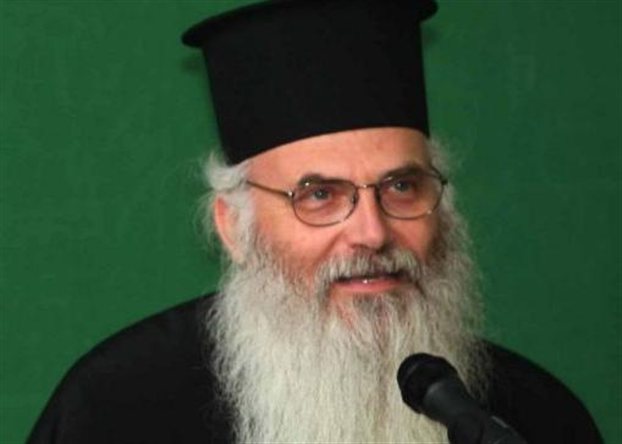The Orthodox Church and Issues of Bioethics
25 January 2016THE ORTHODOX CHURCH AND ISSUES OF BIOETHICS[1]
- INTRODUCTION
May I begin by expressing my pleasure and gratitude for the invitation to this Symposium, which challenges me to reconcile apparently irreconcilable things. On the one hand, the location and the city fill me with powerful, old memories, while on the other there is the subject, with modern visions and thoughts concerning the future image of people and of our world.
Bearing in mind that at the Holy and Great Synod which is shortly to convene, there is no specific position on matters of bioethics, but only a general reference to them, my brief comments will be limited to certain features which define the outline of bioethics from the point of view of the Orthodox Christian Church and I shall mention the necessity for there to be coordinated interest on the part of all Orthodox, given that our view of humankind is facing unprecedented challenges.
The term bioethics has been heard with increasing frequency in the last few years, to indicate the struggle between societies and their achievements. The genuinely impressive achievements of genetic and medical technology have fired enthusiasm for human opportunities and great optimism regarding an improvement in health and in the quality of life. At the same time, however, progress in science has also begun to create problems which derive from the fact this progress is characterized by unheard-of ingenuity, intrusiveness and invasiveness.
New conditions and situations have been created which have never before existed. Terms such as stem cells, cloning, prenatal and preimplantation checks, genome, proteome, neuro-ethics, nano-ethics or brain death are all basically new to us and have rapidly acquired unexpectedly broad significance and interest. The definition of the exact moment of the beginning of human life and, correspondingly, that of its end, is cause for profound reflection and, although it has been accepted as necessary in practice, it still appears to be quite arbitrary. Instead of intervening in pathology with a series of treatments, there is now a disposition towards altering human physiology, through our corrective arrogance, and this is striking at the very essence of what it is to be human[2]. What has, so far, been self-evident is now the object of intense discussions and controversy.
Besides, science is now invasive, too. Its already altered our nutrition, affected the environment, the biosphere, the ecosystem, the air we breathe. As technology, it has even entered our very bodies. It takes our organs and replaces them, corrects genes, alters functions, changes physiology and regulates our behaviour and mental state. It does not only intervene therapeutically, but intrudes. Medical diagnosis and therapy are now very technical matters, so that we have also become technologized, even on a nano-scale. All of this produces awe and wonder, but also gives rise to fears and demands careful attention and restraint.
Through the science of bioethics, modern societies are attempting to find survival mechanisms for us as a biological species, parameters for orderly social co-existence, methods of ecological and environmental protection, a justification for unprecedented desires and critical choices, as well, of course, as legal formulations which will guarantee balance between the various- usually economic- interests.
[To Be Continued]
[1] Talk given at the Theological Symposium on ‘Towards the Holy and Great Synod’, Thessaloniki, Monastery of the Vlatades, 3-5 December 2015.
[2] Only recently (2 December 2015), a company appeared which announced that it wishes to transfer a person’s consciousness to an artificial body after their death (http://techit.gr/2015/12/).







